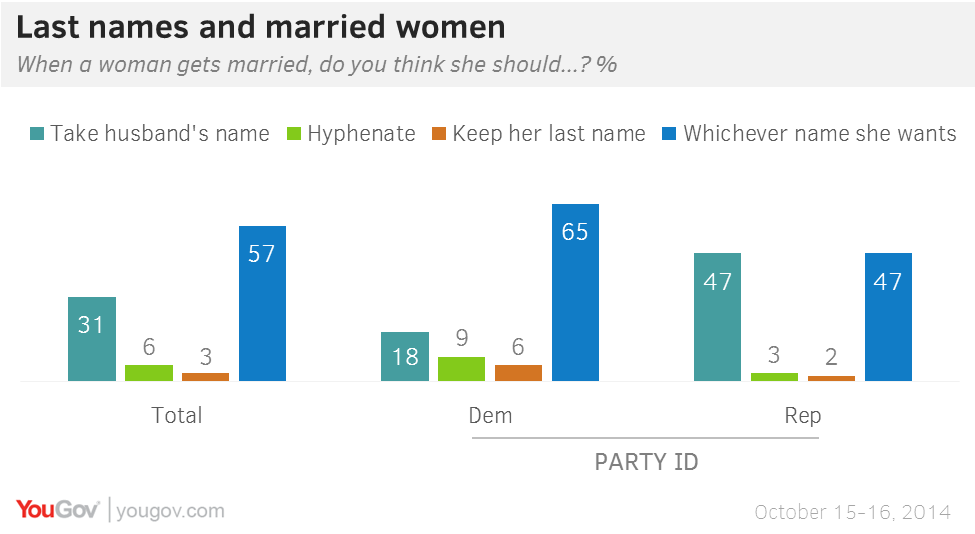
Please join me, if you will, on a quick jaunt through the insanity of trying to track down the data behind a poorly sourced article in the news.
This article, published during the weekend, caught my eye: it claims that a 2017 study found that 70% of Americans think women should change their names when they marry, and half say it should be required 

Here's the study they link to:
link.springer.com/article/10.100…
But the stat isn't from that 2017 study! Instead, it dates back to a paper presented in 2009. Here's USA Today from that year: usatoday30.usatoday.com/news/nation/20…
And the university press release: newsinfo.iu.edu/web/page/norma…
link.springer.com/article/10.100…
But the stat isn't from that 2017 study! Instead, it dates back to a paper presented in 2009. Here's USA Today from that year: usatoday30.usatoday.com/news/nation/20…
And the university press release: newsinfo.iu.edu/web/page/norma…
But, although it's CITED in that paper, which is here (citation.allacademic.com//meta/p_mla_ap…), it's not from that paper either.
It's from a survey taken in 2006.
russellsage.org/sites/all/file…
It's from a survey taken in 2006.
russellsage.org/sites/all/file…
So to recap, we have a new news article citing a 2-year old study-citing a 10-year-old-study citing a 13-year-old survey that uses an agree/disagree scale and that notably, doesn't appear to have any "unsure" options.
Anyways, these are also both older surveys, but it's worth noting that if you give people the option to say that women should do whatever they want, a plurality will take it. 



The moral is, 93.1% of the time, it pays to beware of random, out-of-context statistics.
PS: At least this time, there's a legit, if dated, survey at the bottom of the rabbit hole! That is....not always the case.
PPS: Apologies for the million or so minor typos festooned throughout this thread.
PPS: Apologies for the million or so minor typos festooned throughout this thread.
PPPS: As a special bonus, here's another outlet running with the original news article but conflating the two stats and claiming that 70% say it should be legally required.
https://twitter.com/KATVNews/status/1100133334661791744
PPPPS (oy): Since I'm here extolling the virtues of precision - when I said there's not an "unsure" on the survey, that's correct, but more salient point is no neutral option.
Which also isn't inherently wrong, but as the other polls show, you get pretty different results w/ one
Which also isn't inherently wrong, but as the other polls show, you get pretty different results w/ one
More details on the methodology:
https://twitter.com/fitzshaf/status/1100187977383321601?s=19
And actual question wording:
https://twitter.com/DanCassino/status/1100166442799034368?s=19
• • •
Missing some Tweet in this thread? You can try to
force a refresh




















